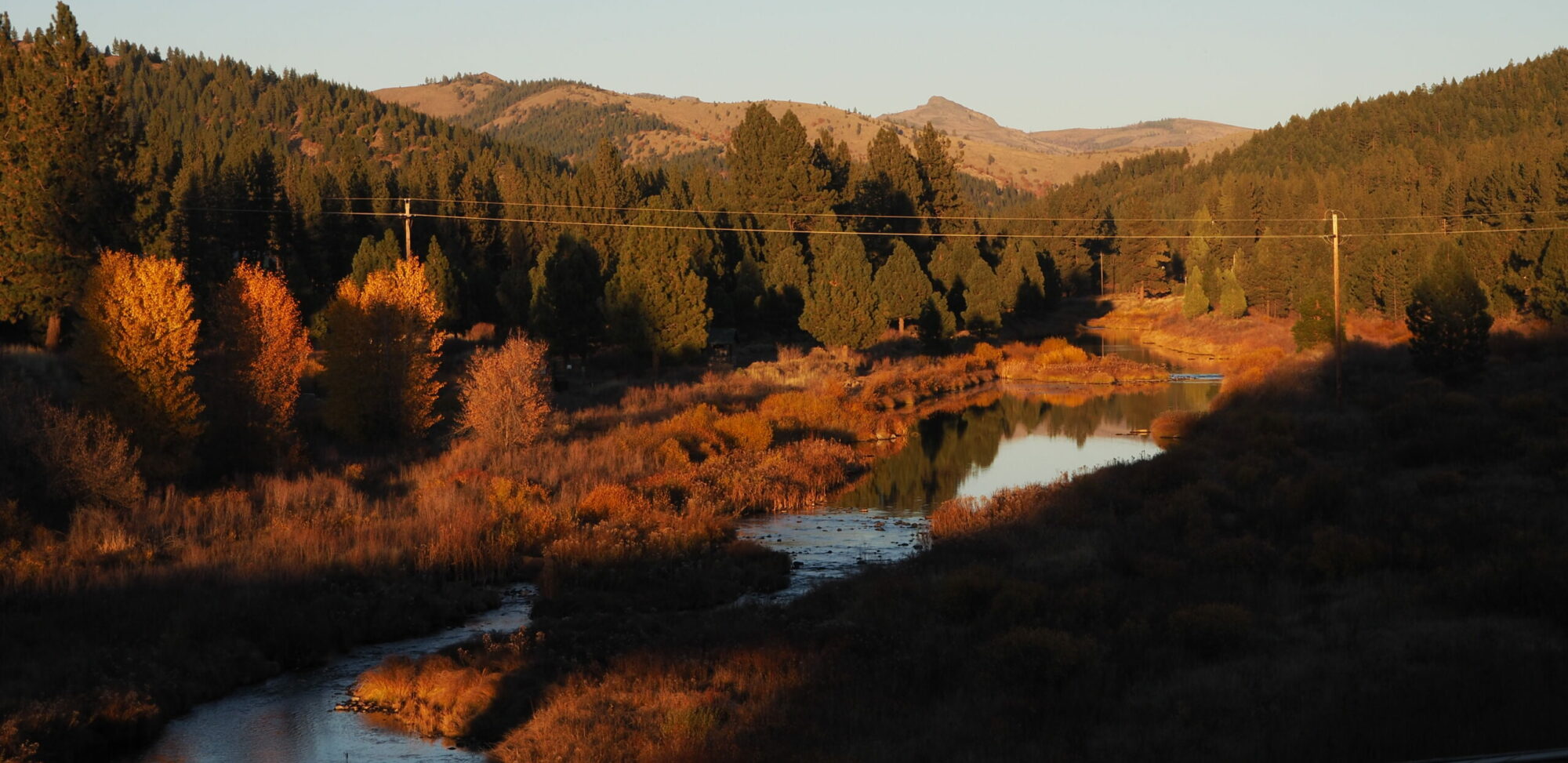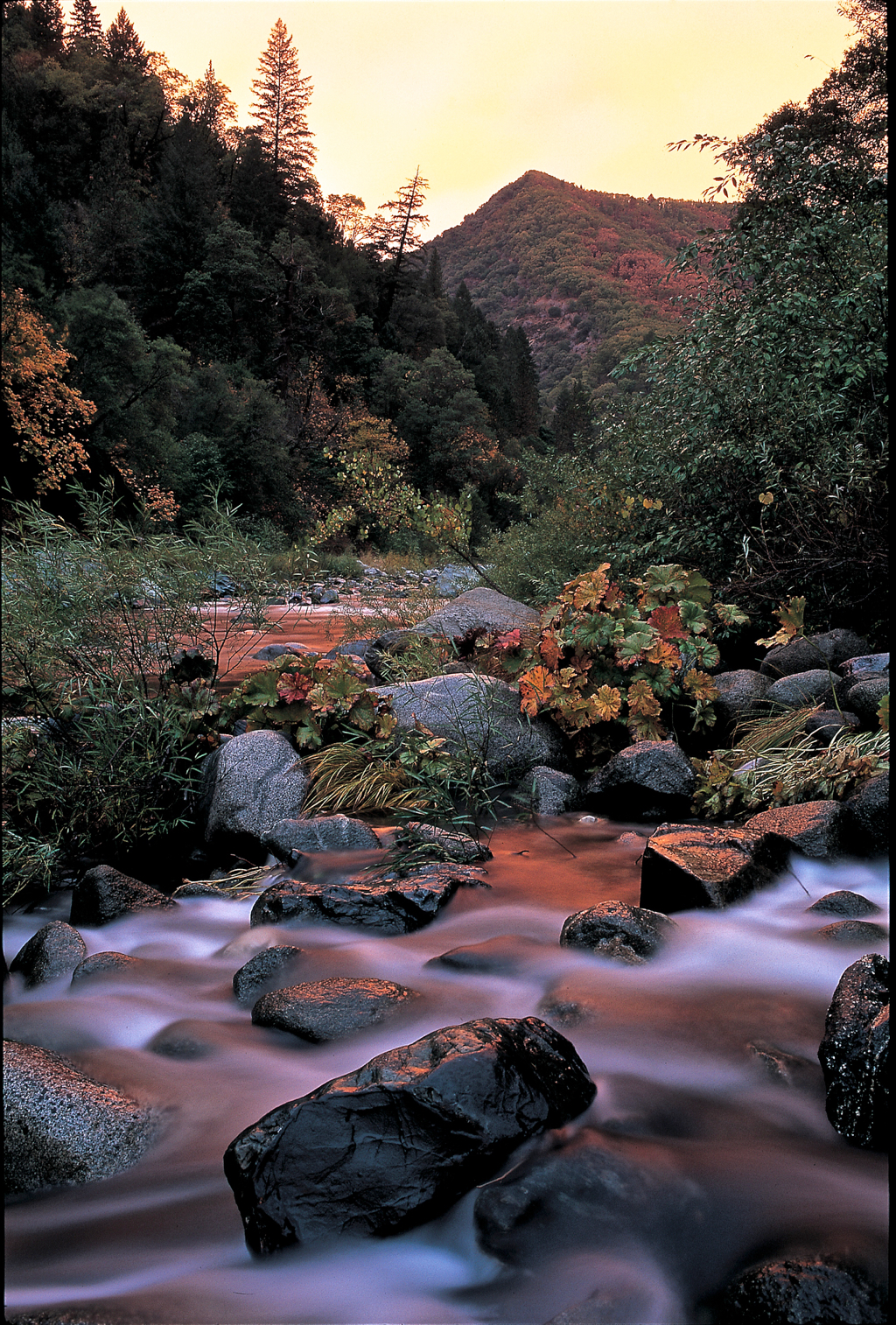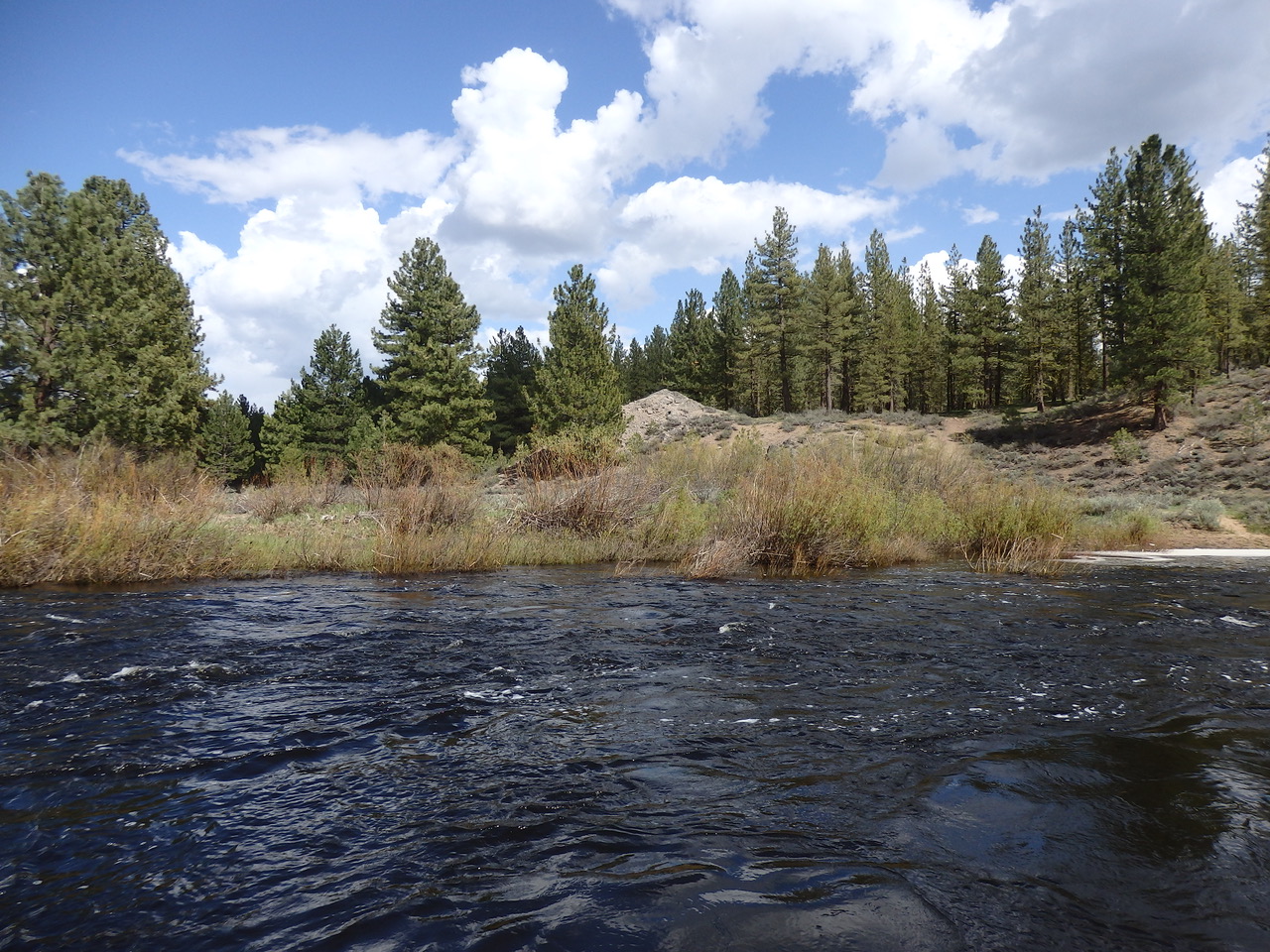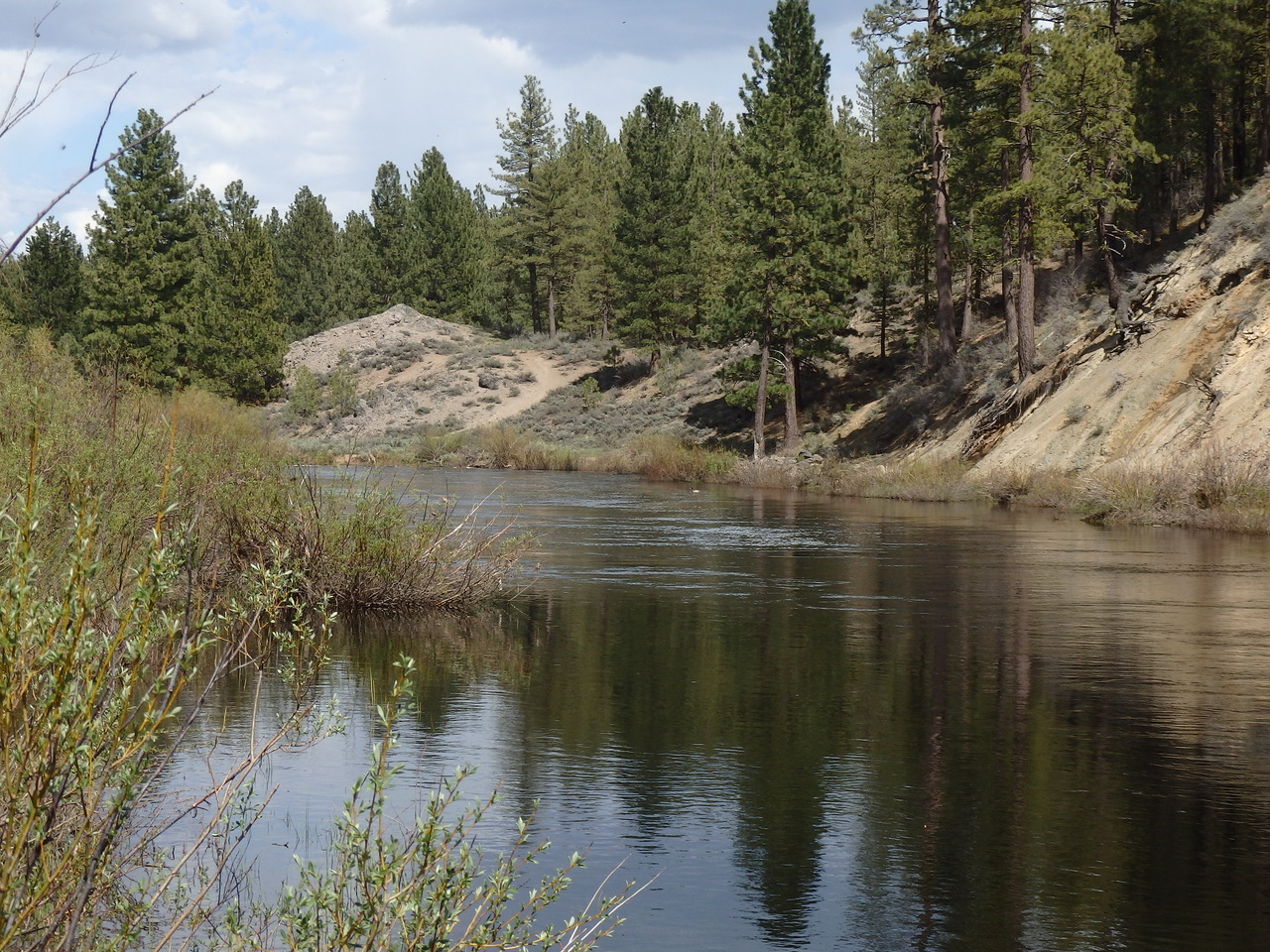
Shameful. Those wrecking the sacred valley of Pee Hee M’uh Huh (Thacker Pass) should be arrested. The lithium economy and electric vehicles are a FALSE solution to the climate crisis.
https://www.oxsam.org/breaking-land-defenders-arrested-camp-raided-after-blocking-excavator/


 Feather River Action! today submitted the below comments (downloadable in pdf format) to Plumas County Zoning Administrator Tracey Ferguson regarding Hat Creek/ Caltrans’ plans to build an asphalt plant on the river where the photo above was taken. Please feel free to share this public document. We will let you know on this website when a hearing is scheduled on this matter. No asphalt plant on the Feather River! Ever!
Feather River Action! today submitted the below comments (downloadable in pdf format) to Plumas County Zoning Administrator Tracey Ferguson regarding Hat Creek/ Caltrans’ plans to build an asphalt plant on the river where the photo above was taken. Please feel free to share this public document. We will let you know on this website when a hearing is scheduled on this matter. No asphalt plant on the Feather River! Ever!